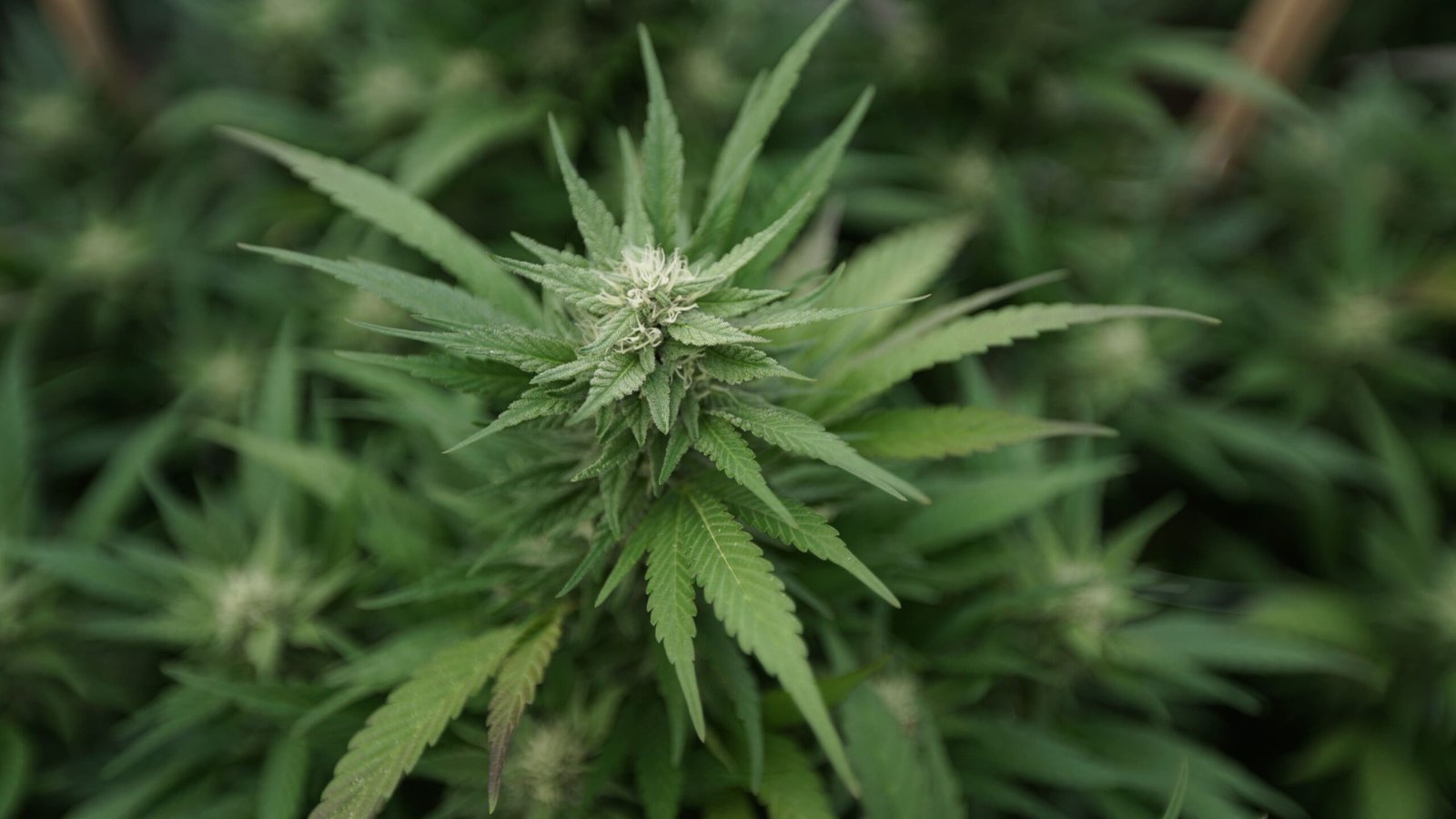Former officials from the Drug Enforcement Administration (DEA) and the Department of Health and Human Services (HHS) have warned that the process for rescheduling marijuana at the federal level could be indefinitely delayed if President Donald Trump does not make it a priority. Their comments highlight the ongoing uncertainty surrounding marijuana policy in the United States.
In related news, the Centers for Medicare & Medicaid Services (CMS) has issued final rules stating that marijuana products are not eligible for coverage under Medicare because they remain illegal under federal law. This clarification underscores the challenges cannabis faces in achieving broader acceptance within the healthcare system.
New Mexico’s Governor Michelle Lujan Grisham (D) has recently signed a bill to establish a therapeutic psilocybin program, allowing the active ingredient in psychedelic mushrooms to be used in supervised medical settings. This move reflects a growing interest in exploring alternative treatments for mental health issues.
Meanwhile, in Hawaii, the state Senate has passed a bill that would expand access to medical cannabis. This legislation permits healthcare professionals to recommend cannabis for any condition they consider “appropriate.” Such measures aim to increase patient access to cannabis as a treatment option.
In Delaware, a marijuana bill has gained traction as the House Economic Development/Banking/Insurance & Commerce Committee approved it amid a dispute over fingerprint background checks with the Federal Bureau of Investigation. This issue has created delays in launching the state’s recreational cannabis market.
Additionally, a Pennsylvania Republican senator has proposed the creation of a “Pennsylvania Legacy Fund.” This fund would be supported by revenue from marijuana legalization and gaming, aiming to provide a sustainable source of prosperity for future generations.
A recent study found that more patients felt comfortable with their physicians using marijuana outside of work compared to those who were not. Patients expressed similar levels of comfort regarding physicians using medical marijuana as they did for nicotine, indicating a shift in perceptions about cannabis in medical settings.
Lastly, Oregon officials have expressed uncertainty about the effectiveness of the $46 million spent over the past seven years to combat unlicensed marijuana production and sales, citing limited data collection as a barrier to assessing the impact on the illegal market.




